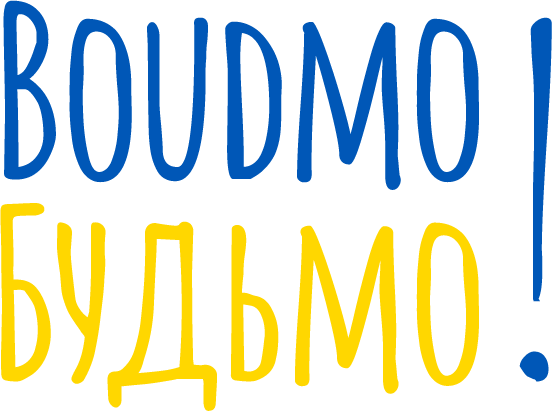Chernobyl is thirty-six years old (April 26, 1986) and we had began to think that the disaster was slowly starting to collude with the present, an insidious process, discreet as the radio elements themselves.
But the Kremlin came ploughing through the exclusion zone, and the entire Chernobyl region (the districts of Ivankiv, Narodichi and Slavutitch, with nuances) underwent the Russian occupation. To the persistent grimness of the nuclear disaster, we must now add the war : a big blow to the head and thirty-six candles.
We believe we know the region because we've been going there for fifteen years, because we can speak some Ukrainian, because there are people there who are almost family. Simply because a journey up there is worth ten, in the warm intensity of these ordinary lives in such an extraordinary area, as Anne rightly puts it.
We were planning our next visit, three weeks in April - in fact, we should be there right now. The last trip was in 2019, a tour of the districts, with a focus on the annual scientific meeting of INUDECO in Slavoutitch. The log of this journey with Jean and Olga can be found here.
After two years of pandemic ban, while preparing this 2022 journey with Olga, herself via Skype from Irpin, northwest suburb of Kiev, little did we know that the name of her small town would become familiar to our contemporaries and for reasons that would have nothing to do with our interest in the Chernobyl contaminated area. Olga did not believe in a massive invasion. Leaving her flat became the obvious thing to do only when the first bombs were dropped.
Our team is heterogeneous, with an uneven ground experience of these territories. But it ’s obvious to everyone that we should join forces : go fetch Olga at the Polish border, bring her back here, give her shelter, take care of her. She eventually leaves the country with her sister-in-law, Irina, and Fidèle, her dog. The husbands stay behind, mobilization has been declared. But the telephonic connection remains, with the parents also, and therefore with the country.
It is a different story in the North : the day after the invasion, a brief phone call from Tola, stuck with his wife and two children in a cellar in Ivankiv, another from Valera, with his youngest daughter, in Horodeschino, awakened on the early morning of the 24th by missiles fired from the Belorussian border. It takes a lot to shake Valera. And then nothing. The usual radio-silence caused by crises. Rumours about the Russian exactions, the arbitrary, the lack of food, of heating, of water perhaps... How do we know? What can we do?
Raising the money necessary for Olga and Irina's journey, for their "landing" in France, is carried out without prior experience. Our trips are self-financed, Chernobserv is not a legal entity: for fifteen years, it has been a personal matter. But we can anticipate the needs of the post-war period (when?) in an area already damaged by thirty-six years of a sort of never-ending post-war period (the nuclear disaster). what needs to be done? What will it take?
We don't quite know yet. We need to talk to our friends, the officials who know us. In the meantime, we should get in marching order, create this organization, gather the means of action.
To all the French who went to the Chernobyl region, to all those here whom we invited to drink a toast in our tiny glasses of vodka, Boudmo! sounds both obvious and a little exotic, kind of weird yet friendly and energetic, a wish of fulfilment. So, let's be.
